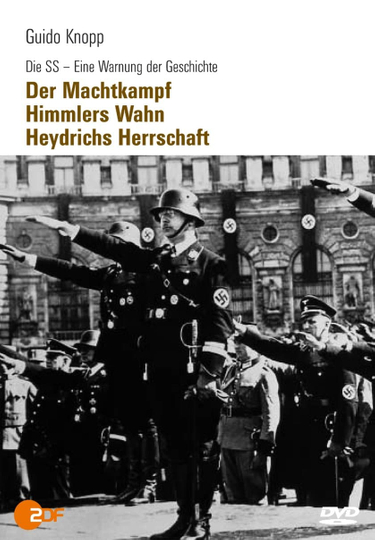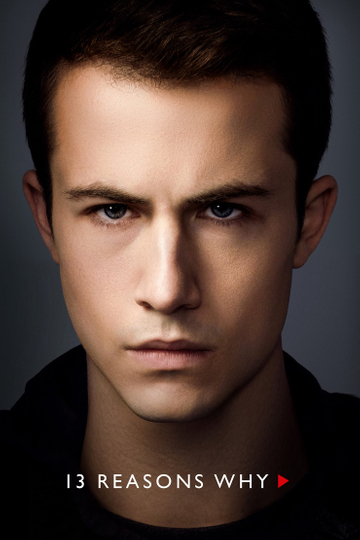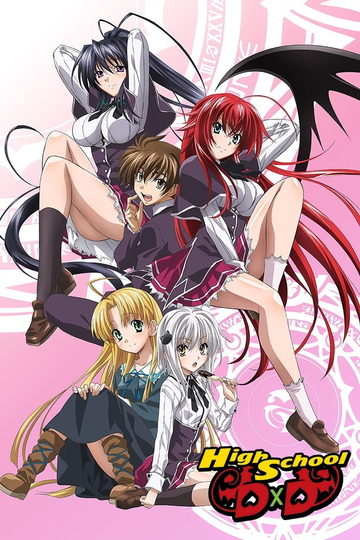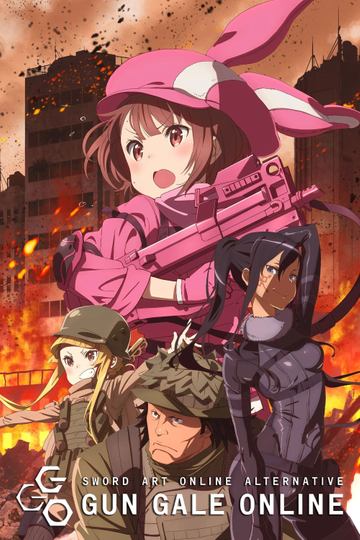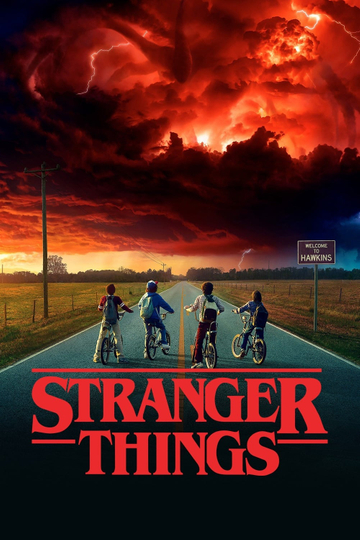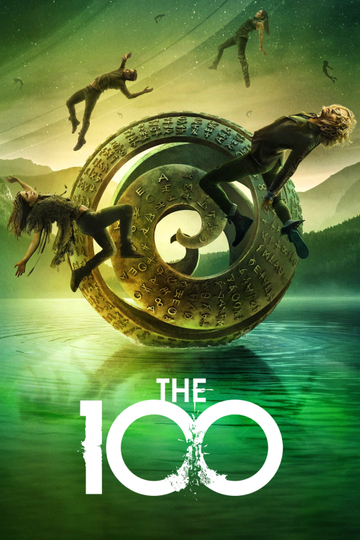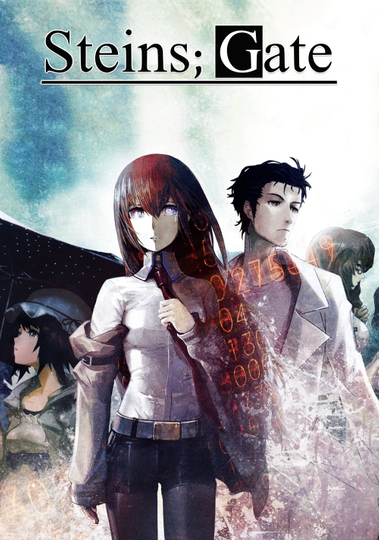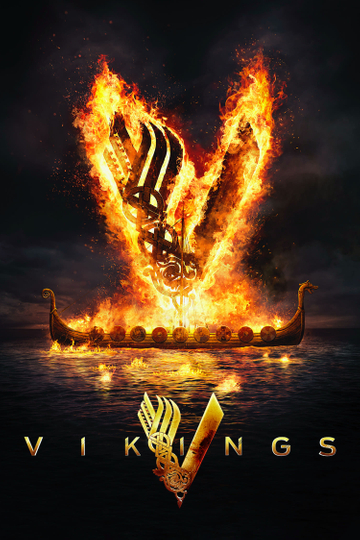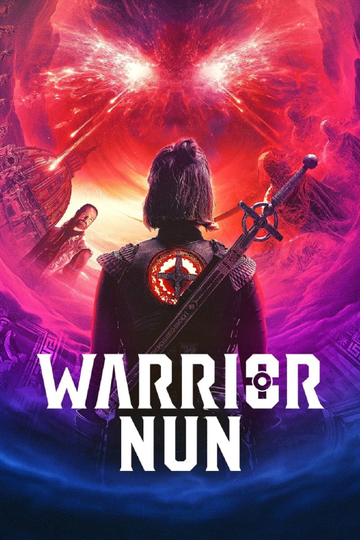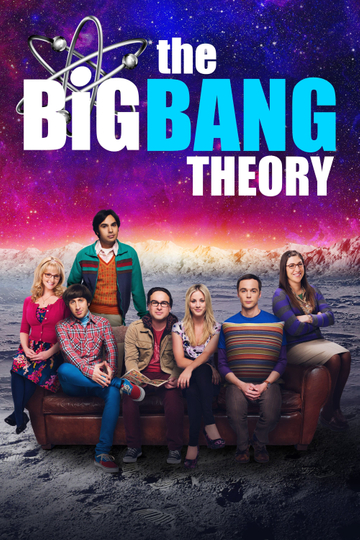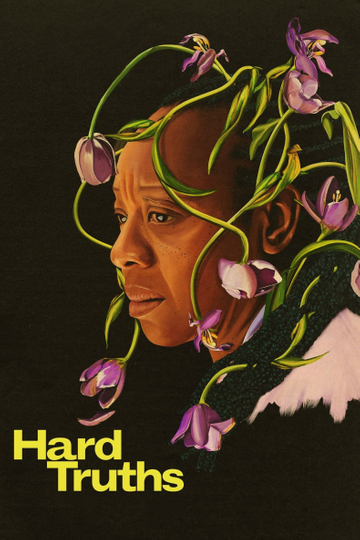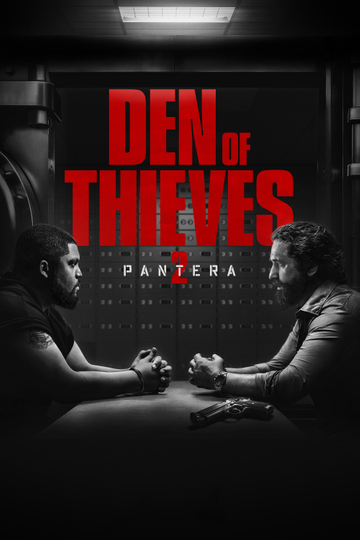Season 1 Episodes
1. Heydrich
As head of the SS Security police, Reinhard Heydrich rose with meteoric speed to control the murder squads operating in Poland and Russia with brutal efficiency. He took charge of the 'final solution to the Jewish problem', becoming a central figure in the horrors of the Holocaust. Interviews with Gestapo victims Ralph Giordano, Emile Brune, Hermann Laupsien, Czech Resistance member and writer Pavel Kohout and Heydrich's SS contemporaries Franz Wimmer-Lamquet and Boris von Drachenfels are also featured.
2. The Struggle for Power
Part one looks at how the SA, the Storm Detachment of the NSDAP, began as a group of thugs and criminals, many of whom had fought in World War I. This group helped Hitler rise to power after the Beer Hall Putsch of 1923. The SS, originally Hitler's black shirted personal bodyguard regiment, was fiercely loyal to Hitler and soon became an elite and powerful group. Lead by former chicken-farmer Heinrich Himmler, the SS soon became more powerful than the SA. This episode also looks at the rising opposition Hitler faced from within the SA and the measures he took to eliminate this group. There are personal interviews with survivors and with those men who served the inhuman SS system.
3. Himmler's Madness
Part 2 looks at Heinrich Himmler, the most powerful man in the Third Reich after Hitler. The SS expanded rapidly under Himmler's efficient leadership and soon cast a black shadow over Germany. Himmler chose the castle of Wewelburg in Westphalia as the centre of the SS cult, and invented a glorious historical past and a pseudo-religion. Eyewitness accounts include SS doctor Ernst Günther Schreck, former concentration camp inmate Max Hollweg, former German army officer Bernd Freytag von Loringhoven, Himmler's personal staff member Gabriele Winckler and Florentine Rost van Tonningen who was a friend of Himmler's and the wife of an SS officer.
4. Death's Head
This episode looks at the Death's Head Battalion, whose members were identified by the badge with a skull on the right lapel of their uniform. They underwent rigorous training to abolish every trace of human emotion and independent thought, leaving them willing tools of the unimaginable crimes committed in its name. Interviews with Nuremberg Chief Prosecutor Benjamin Ferencz; former Auschwitz inmate and author of People in Auschwitz Hermann Langbein; Holocaust survivors Heinz Junge, Kazimir Smolen, Helmuth Szprycer and Hans Frankenthal as well as SS men Hans Münch and Harry Seidel.
5. The Waffen SS
"Give death and take death" — this was the motto of the Waffen-SS on the frontlines of the Second World War, which earned it dubious fame: between boldness and crime, propagated heroism and mass murder. The Waffen SS was a phenomenon full of contradictions, wooed by carefully cultivated myths... This episode looks at The Waffen SS who were the elite military wing of the organisation. They were fanatical fighters who spread fear and terror in the early days of the war as the Blitzkrieg was launched against Poland and the West. This episode also looks at the major role The Waffen SS played in the attack on the Soviet Union in 1941.
6. The Mystery of Odessa
When the "Third Reich" surrendered, Heinrich Himmler's elite order became the "Army of Outlaws". Some perpetrators are brought to trial and convicted by the Allies as war criminals, but some of the most wanted SS henchmen manage to escape abroad in a mysterious way... What became of the SS after the war? This question leads to an almost impenetrable web of Nazi legends and historical facts that sound so unlikely that one can hardly believe. Soon after the war ended, a mysterious organization "Odessa" — short for "organization of former SS members" — appeared in secret files of the American secret service. The fear is widespread that the elite of Nazi rule could re-form underground. How influential could this underground network be? This final episode features interviews with Nazi hunters Beate Klarsfeld, Ephraim Zuroff and Serge Klarsfeld; former members of the US secret service and army officers William Gowen, James Milano and Wolfgang Robinow and former SS members.










